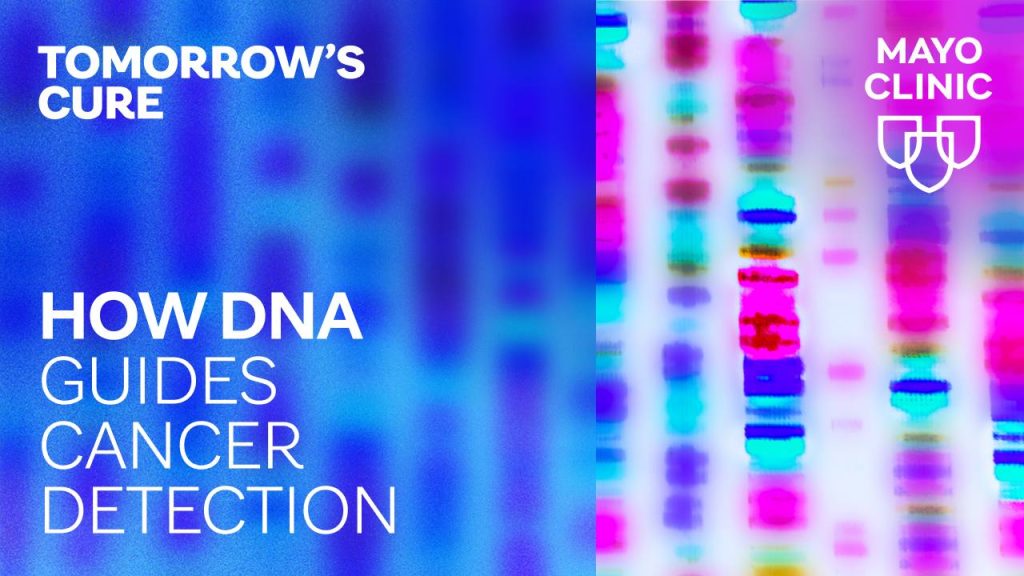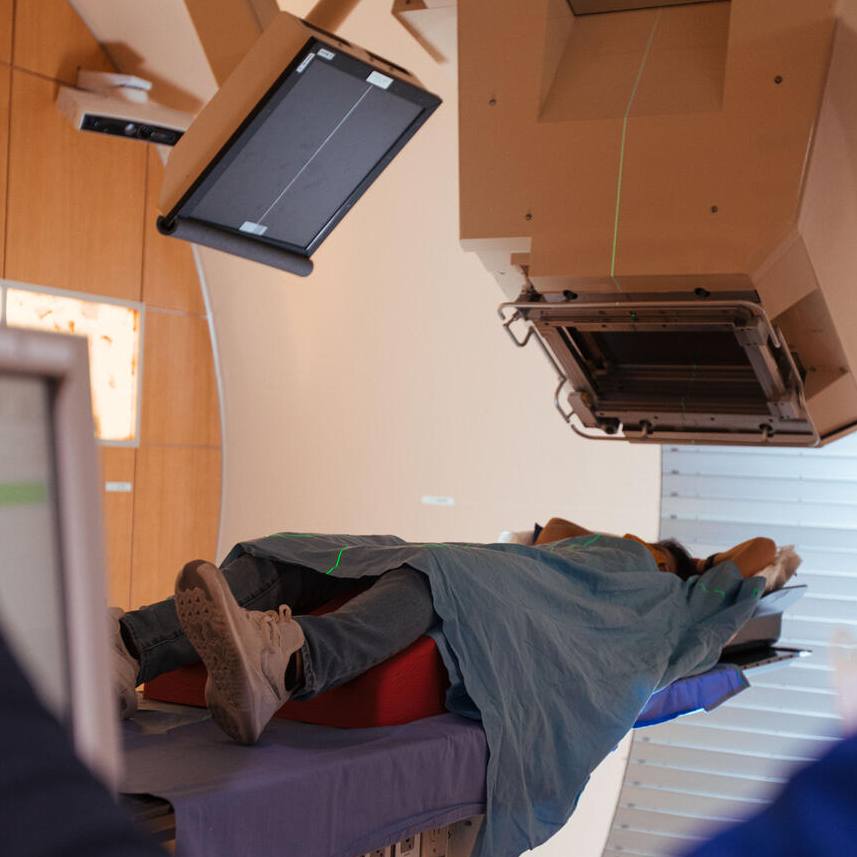-
Tomorrow’s Cure: How DNA guides cancer detection

What if you knew you'd get sick before you ever felt symptoms? If it was a cold, that information is useful. In the case of cancer, it is lifesaving. This week's podcast episode of Tomorrow's Cure explores how DNA could be used to detect blood cancers before they ever develop.
Episode experts include Dr. Mrinal Patnaik, a hematologist, internist and oncologist at Mayo Clinic; and Dr. Kelly Bolton, an oncologist at Washington University in St. Louis.
"We're developing tests where we can actually detect the early first step in the multistep progression to cancer," Dr. Bolton says. "That's an area where we might be able to intervene on someone's genetic changes that haven't quite led to cancer, but that are very high risk of becoming a cancer."
"When we detect clonal hematopoiesis, we want to nip it in the bud and prevent those high-risk patients from developing blood cancer because they are often lethal, difficult to treat. So the earlier we can effectively and safely intervene, the better for the patients,” says Dr. Patnaik.
To learn more about how these physicians are advancing cancer care, tune into a new episode of Tomorrow's Cure. The free podcast is available on all audio platforms, including Apple Podcasts and Spotify. A video version of the episode is also available on Mayo Clinic's YouTube channel.
The first season comprises eight episodes, with seasons 2 and 3 set to resume in early 2025. To learn more about Tomorrow's Cure and see the complete list of episode topics and featured experts, visit tomorrowscure.com.
Related posts:
- New gene markers detect Lynch syndrome-associated colorectal cancer, Mayo Clinic Study
- Science Saturday: A big step forward, bringing DNA sequencing data to routine patient care







